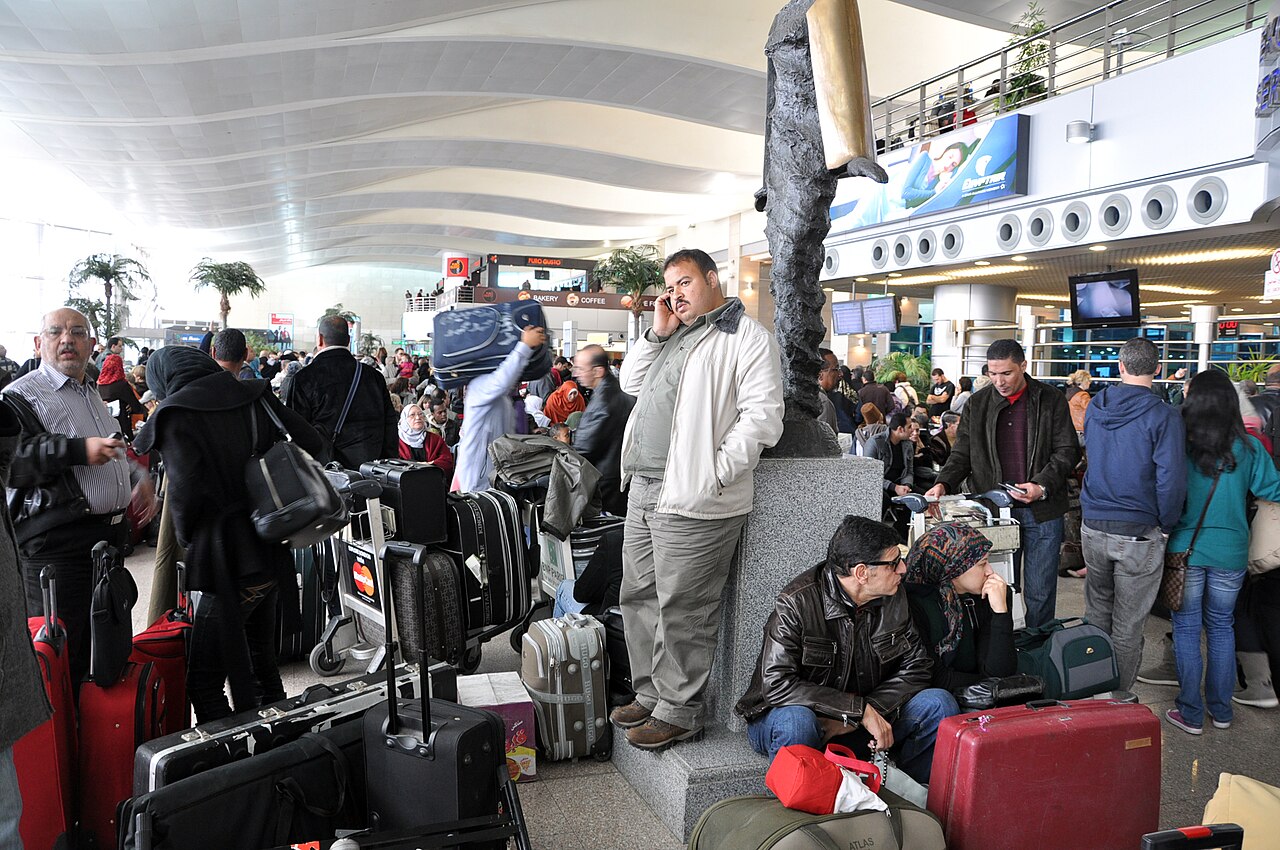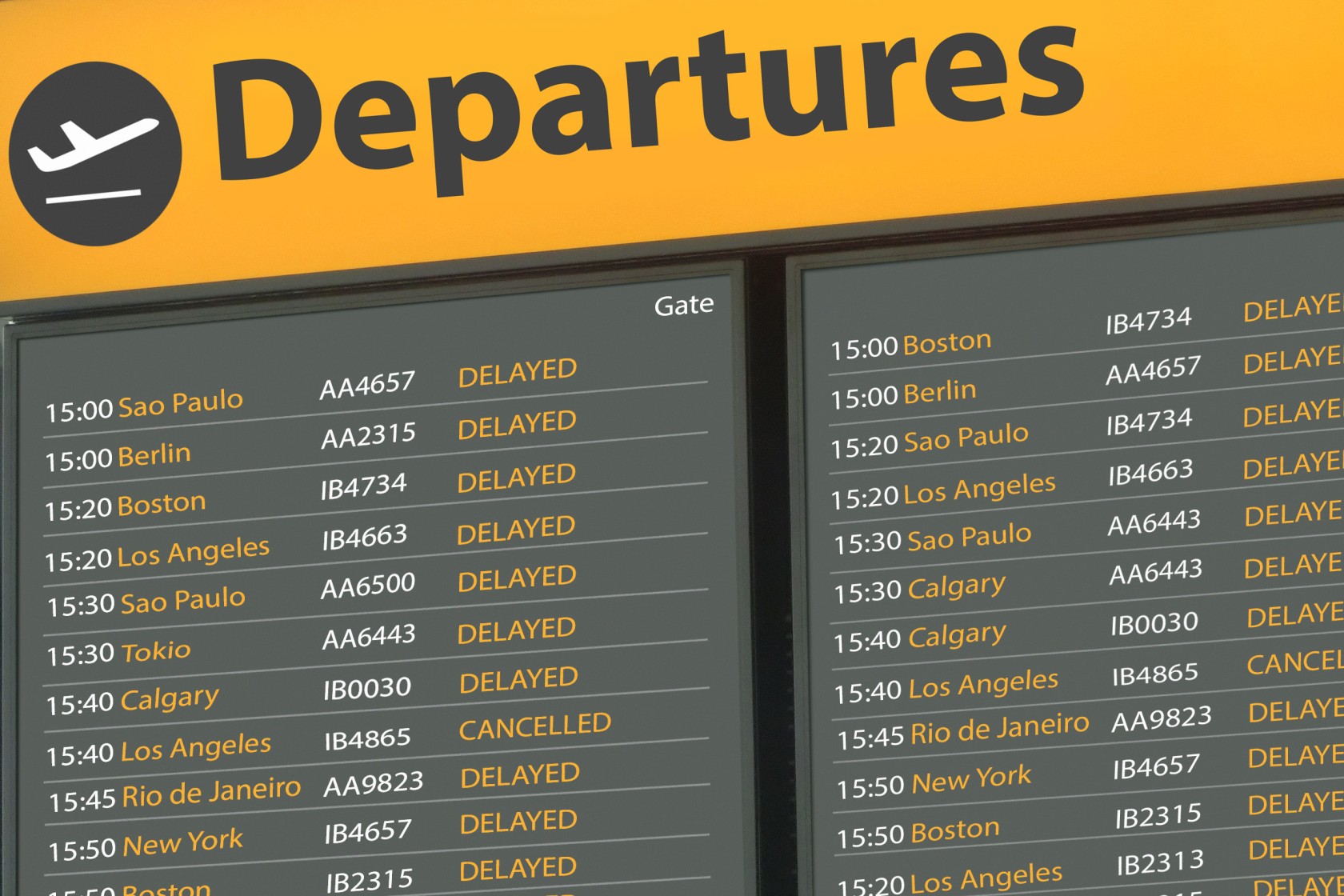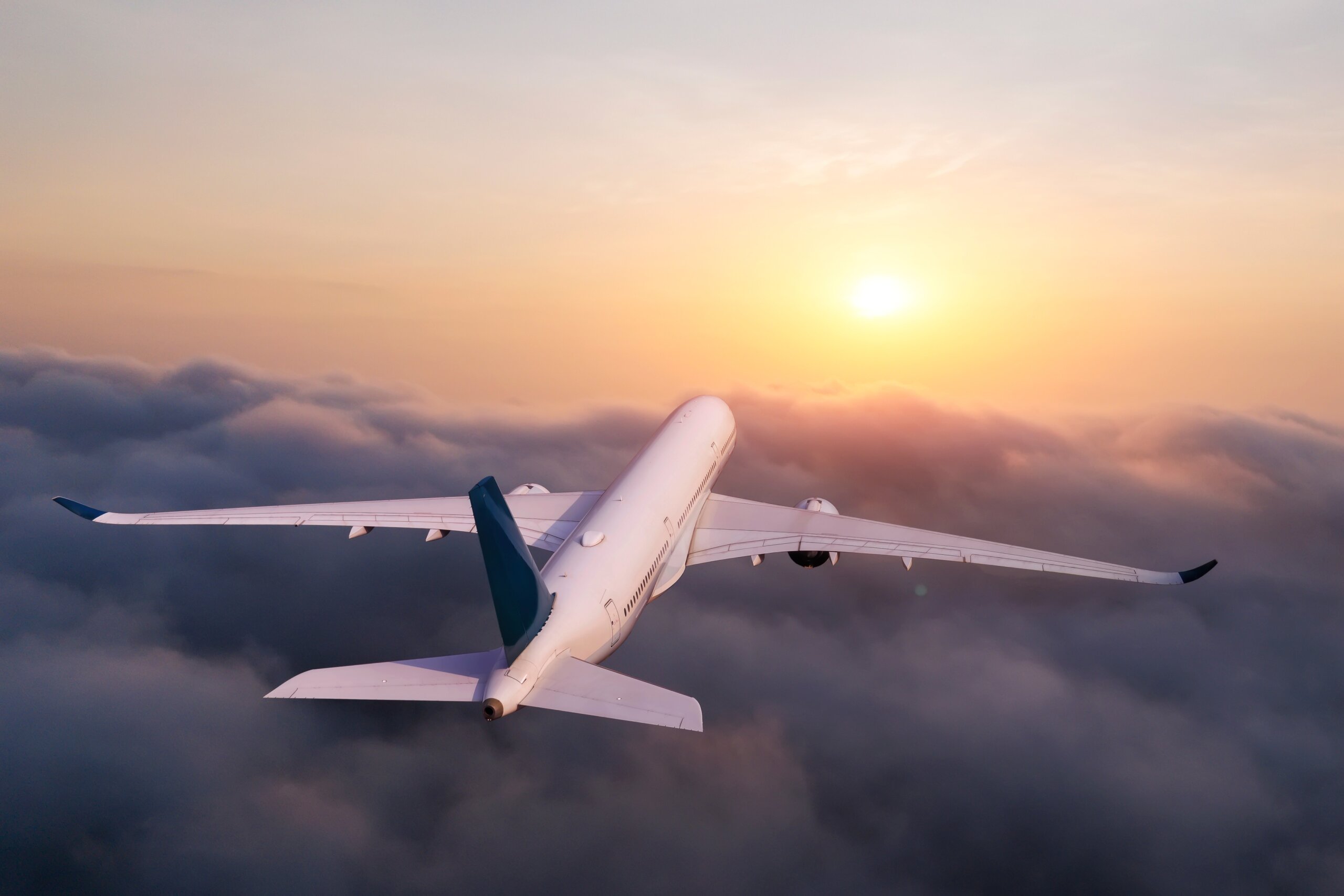
It’s shaping up to be one of the most unpredictable travel seasons in years. The ongoing U.S. government shutdown has entered another week, and just as millions prepare for Thanksgiving and Christmas getaways, tension is mounting at airports nationwide.
Thousands of federal employees, including air traffic controllers and TSA agents, are working without pay. And the result? Longer lines, fewer staff, and an increase in flight delays threaten to ripple across the country during the busiest weeks of the year.
Transportation Secretary Sean Duffy has warned that the impact could worsen if Congress doesn’t reach a deal soon. “Every day there’s going to be more challenges,” he told reporters after meeting with aviation industry leaders. Meanwhile, the U.S. Travel Association estimates the shutdown is costing the country about $1 billion per week in lost tourism revenue.
With major airports like Houston, New York, Phoenix, and Washington, D.C., already reporting wait times of up to 3 hours, experts say the real chaos may be in the near future.
How the Shutdown Could Impact Holiday Flights
For now, commercial flights are still taking off, but the aviation system is running on thin ice. With fewer staff and unpaid controllers working longer hours, even minor disruptions can snowball into hours-long delays.
If the shutdown continues through the holidays, travelers could face:
- Longer security lines at TSA checkpoints
- More delayed departures caused by air traffic shortages
- Reduced customer service at major airports
- Possible cancellations during peak travel days
According to the Federal Aviation Administration, more than 230,000 flights took off during Thanksgiving week last year, serving over 12 million passengers. With even higher numbers expected in 2025, experts fear that a single day of staffing shortages could throw nationwide schedules into chaos.
Where Delays Are Most Likely This Year

Holiday travel is always a balancing act of crowds, weather, and luck, but this year, there are new trouble spots to watch. Based on flight data, security reports, and recent data on shutdown effects, these airports may cause the most headaches this holiday travel season.
Consistently Delay-Prone Airports
Federal on-time performance data shows that Dallas–Fort Worth (DFW), Denver (DEN), Washington National (DCA), Miami (MIA), Atlanta (ATL), Orlando (MCO), and Baltimore/Washington (BWI) are leading in delays this year. Heavy air traffic, complex weather systems, and overextended infrastructure make these hubs more vulnerable to disruption.
If your trip connects through one of these airports, book the first flight of the day, plan longer layovers, or opt for a nonstop route when possible.
Airports Known for Long TSA Lines
Some airports are infamous for bottlenecked security lines, which can slow travelers down even when flights are on time. Frequent offenders include Seattle (SEA), Orlando (MCO), Fort Lauderdale (FLL), Houston Hobby (HOU), Charlotte (CLT), and Oakland (OAK). When security checkpoints stall, wait times can stretch 40 to 50 minutes longer than usual.
Arrive early, consider TSA PreCheck or CLEAR, and keep essentials like chargers, medication, and snacks in your carry-on in case you’re stuck in line longer than expected.
Airports Already Feeling the Shutdown Strain
Staffing shortages are already being reported at San Francisco (SFO), Houston Intercontinental (IAH), and the New York tri-state airports (JFK, LGA, EWR). Local reports describe longer lines, intermittent ground delays, and flight crews working with thinner support teams. The FAA has also cited pressure points in Boston, Phoenix, Nashville, Dallas, and Washington D.C.
If you’re flying through one of these airports close to Thanksgiving or Christmas, keep a close eye on your flight status and allow plenty of buffer time.
How to Keep Your Travel Plans on Track

Preparation is your best defense against shutdown-related disorder. Here’s how to travel smarter this season:
- Book nonstop flights whenever possible to avoid connection delays.
- Fly early in the day before schedules start to back up.
- Arrive early for security, especially at large or high-traffic airports.
- Sign up for airline alerts and check your flight status often.
- Pack your essentials in your carry-on, including chargers, toiletries, and a spare outfit.
- Keep travel documents current, as passport and visa processing may also slow down.
What Experts Are Saying
Aviation analysts agree that safety remains the top priority, but warn that morale among unpaid workers is becoming a concern. Many air traffic controllers are working six-day weeks, often in double shifts, to compensate for staffing gaps.
The longer the shutdown lasts, the greater the strain on the system. Delays could become even longer, cancellations could become increasingly common, and airline schedules may become less predictable. While airlines are doing their best to shield passengers from the impact, the cracks are starting to show.
Turn Stress into Strategy

Holiday travel always comes with a dose of disarray, but this year, patience and preparation will be essential. Give yourself extra time, monitor airline updates, and avoid cutting connections too close.
If you stay flexible and informed, you can enjoy the holidays without letting the shutdown derail your plans.
Explore more travel tips and updates to help you plan smarter during unpredictable travel seasons:
